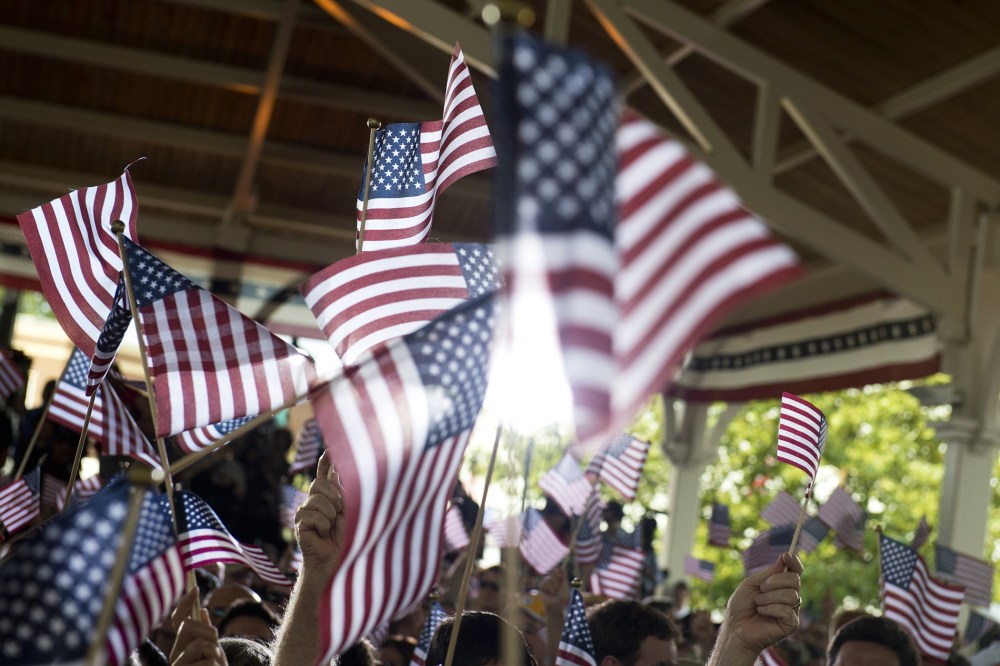When it comes to deciding who they should throw their weight behind in 2016, labor unions are in a bind.
The top brass of most of the nation’s labor unions met this week outside Washington with five presidential candidates to consider as potential recipients of their precious endorsement. The decision will likely come down to just two candidates – Bernie Sanders and Hillary Clinton – who represent a choice between head and heart, as one labor official put it.
Do labor unions make the pragmatic decision and go with Clinton, who has a near-lock on the Democratic nomination, and a long memory for betrayals? Or do they side with Sanders, who idolizes labor organizer Eugene Debs and could hardly be more pro-union if he had been cooked up in a secret union laboratory?
It will likely be a split game, as the AFL-CIO itself, a federation of 56 individual unions, is unlikely to make an endorsement anytime soon. Instead, the battle is on for support from individual labor groups.
RELATED: Bernie Sanders: Some immigration hurts Latino youth
While their membership is eroding, the AFL-CIO still represents 12.5 million workers and is a powerful force in politics. An endorsement is validation for any candidate, and means access to the unions’ vaunted on-the-ground organizing, which is especially crucial in lower-turn-out primaries.
“Let’s just be real, Bernie Sanders’ issues align with everybody’s issues in labor from top to bottom. He can talk about our issues as well as we can,” said National Nurses United executive director RoseAnn DeMoro, who said an endorsement for her group is likely coming as soon as next month. “It’s as though he’s from the labor movement.”
Sanders received “tremendous applause” inside the meeting with the AFL-CIO executive council, according to a source in the room, but many still doubt his electability.
“Personally, I love Bernie,” said Randi Weingarten, the president of the powerful American Federation of Teachers, which has already endorsed Clinton. “But what we need is we need to win.”

“And our union believes that Hillary Clinton is the one who’s going to be able to do that,” Weingarten continued. “We believe that given everything that is going to be thrown at a Democrat, that she is in the best position to vie against that.”
Clinton has spent decades cultivating personal relationships with labor leaders during her time in government and through her family’s charitable foundation. She’s been a reliable mainline Democratic ally of the labor movement, and was an original sponsor of the Employee Free Choice Act.
“I saw a lot of old friends,” Clinton told reporters after her meeting with the union bosses. “I asked for their support going forward. I asked them to be my partner going forward to stand against those powerful forces on the other side.”
But in Sanders, labor officials have a uniquely like-minded candidate.
“I’ve been in the House and Senate for 25 years. I’m not aware that there’s anybody in the House or Senate who has a better voting record from the AFL-CIO,” he told reporters.
Labor unions have long been Sanders’ biggest donors and allies. In his 1997 book, “Outside in the House,” he scolded timid union leaders and praised newly minted AFL-CIO Secretary-Treasurer Richard Trumka as a kindred spirit and reliable ally. Trumka is now the president of the federation.
On Wednesday, the executive council of the AFL-CIO unanimously approved a resolution to make single-payer healthcare part of the group’s core agenda. On Thursday, Sanders announced he would introduce a single-payer health care bill in the Senate at a union-backed rally in Washington.











